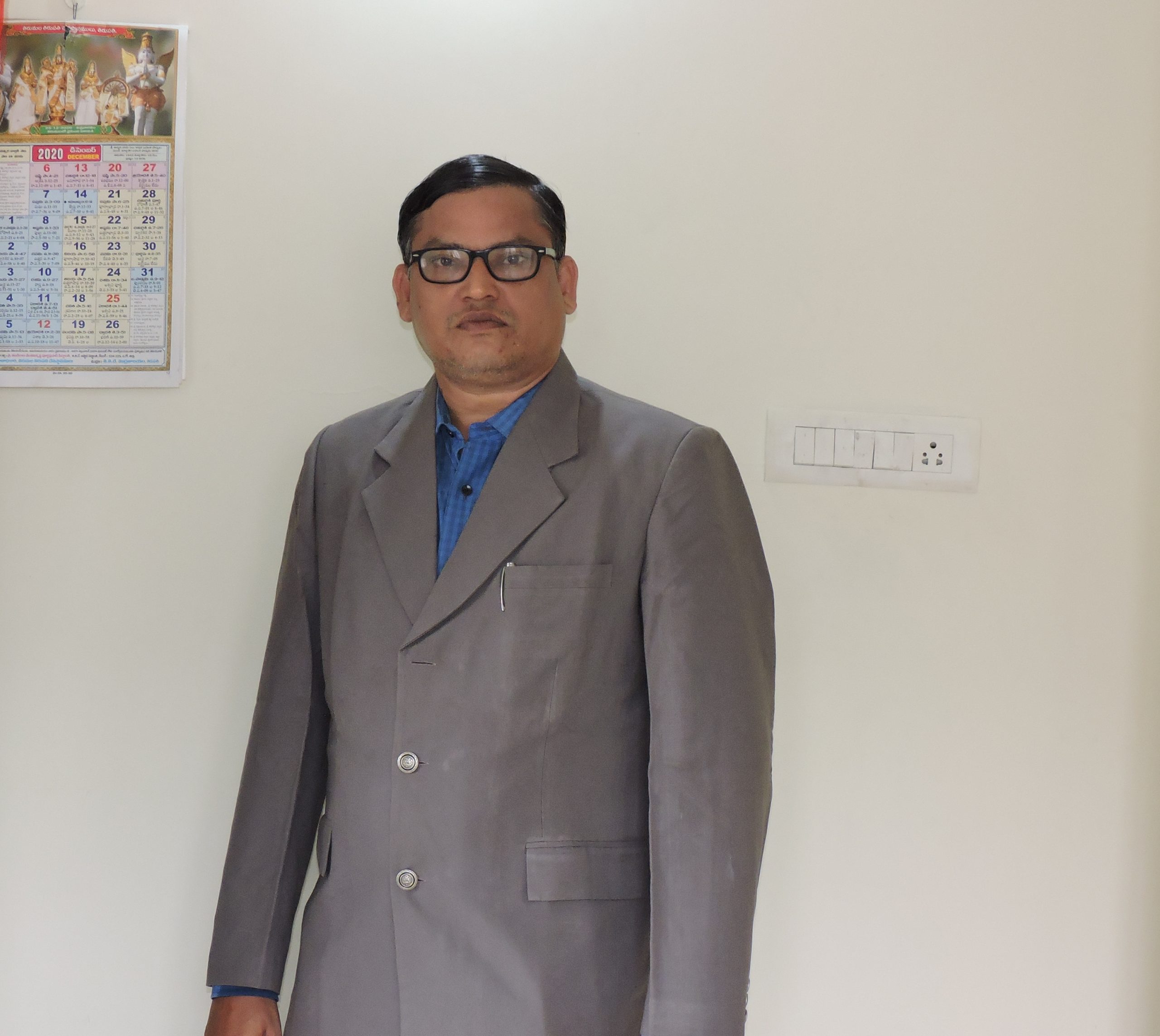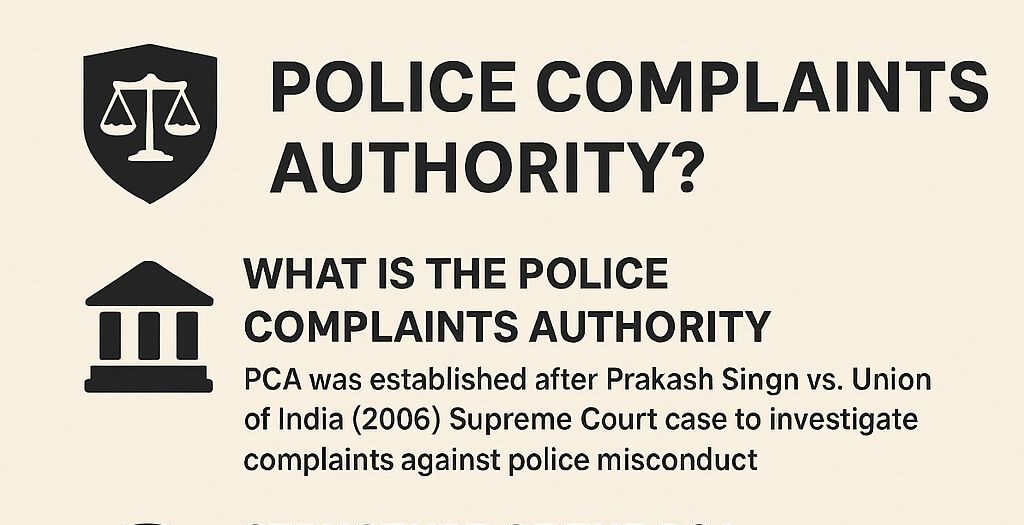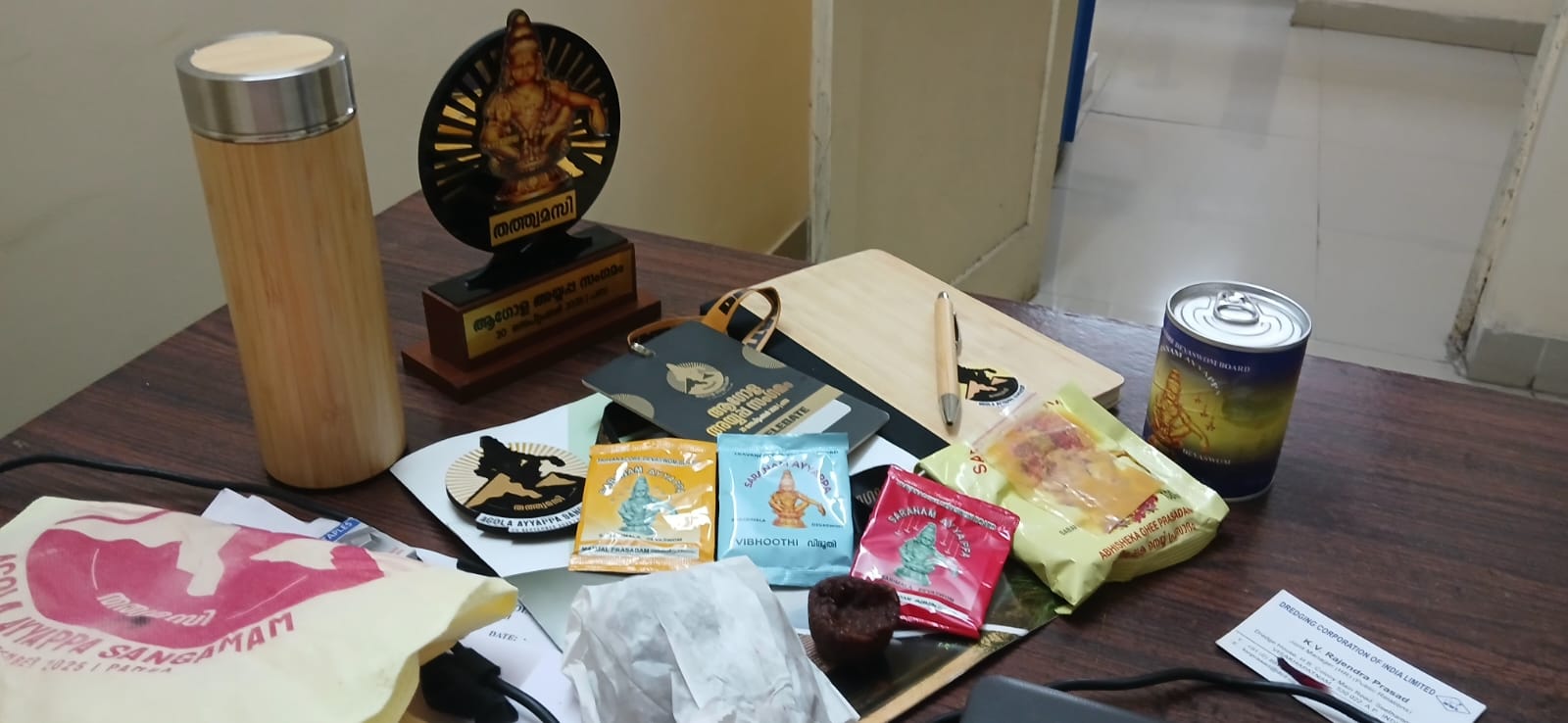🛡️ Understanding the Police Complaints Authority (PCA)
The Police Complaints Authority (PCA) is a vital institution for ensuring accountability in law enforcement. It was established following the Supreme Court’s landmark judgment in Prakash Singh vs. Union of India (2006), which mandated all states and union territories to create independent bodies to investigate serious complaints against police personnel.
⚖️ Structure of the PCA
There are two tiers of Police Complaints Authorities:
| Level | Jurisdiction |
|---|---|
| State PCA | Handles complaints against officers of Superintendent rank and above |
| District PCA | Deals with complaints against officers up to Deputy Superintendent rank |
- A Chairperson (retired judge or senior bureaucrat)
- Members from legal, civil society, and human rights backgrounds
- At least one woman member to ensure gender sensitivity
🚨 What Constitutes Police Misconduct?
You can file a complaint for any of the following serious violations:
- Custodial death or grievous injury
- Rape or sexual assault in custody
- Illegal detention or arrest without due process
- Extortion, land or property grabbing
- Refusal to register FIRs or intentional delay in investigation
📝 How to File a Complaint
You can lodge a complaint through multiple channels:
1. Directly to the PCA
- Submit a written complaint with supporting documents
- Include a sworn affidavit, especially for Delhi PCA
- File online via state PCA websites (e.g., )
2. Through Other Authorities
- District Superintendent of Police (SP)
- National Human Rights Commission (NHRC)
- State Human Rights Commission
- Judiciary: File under Section 156(3) CrPC or Article 226 of the Constitution
3. PG Portal (Public Grievance Portal)
- Use , a centralized platform to lodge and track complaints across ministries and departments
📜 Legal Framework & Rules
Each state frames its own PCA rules based on Supreme Court guidelines. For example:
- Punjab Police Act, 2007 and its 2014 Amendment outline PCA powers and procedures
- Delhi PCA functions under notification F. No.28/1/2017/HP-I/Estt
These rules define:
- Member eligibility and tenure
- Powers of inquiry, summoning, and inspection
- Reporting mechanisms and government response protocols
🔍 What Happens After You File?
Once a complaint is accepted:
- PCA may initiate an independent inquiry
- It can summon witnesses, inspect police records, and gather evidence
- Findings are submitted to the government or police department
- While recommendations are not legally binding, they carry significant moral and administrative weight
🧭 Strategic Tips for Filing
To strengthen your complaint:
- Be clear, factual, and concise
- Attach evidence: medical reports, photos, videos, witness statements
- Keep copies of all submissions
- Follow up regularly and escalate if necessary
📣 Need Help Drafting or Filing?
Vistarana Info Society offers expert support in:
- Drafting multilingual complaints (Telugu, Hindi, English)
- Legal guidance and affidavit preparation
- Group mobilization and awareness campaigns
📞 Contact: 📱 WhatsApp: 9666408002 📧 Email: vistaranainfo@gmail.com | lekharipro@outlook.com




